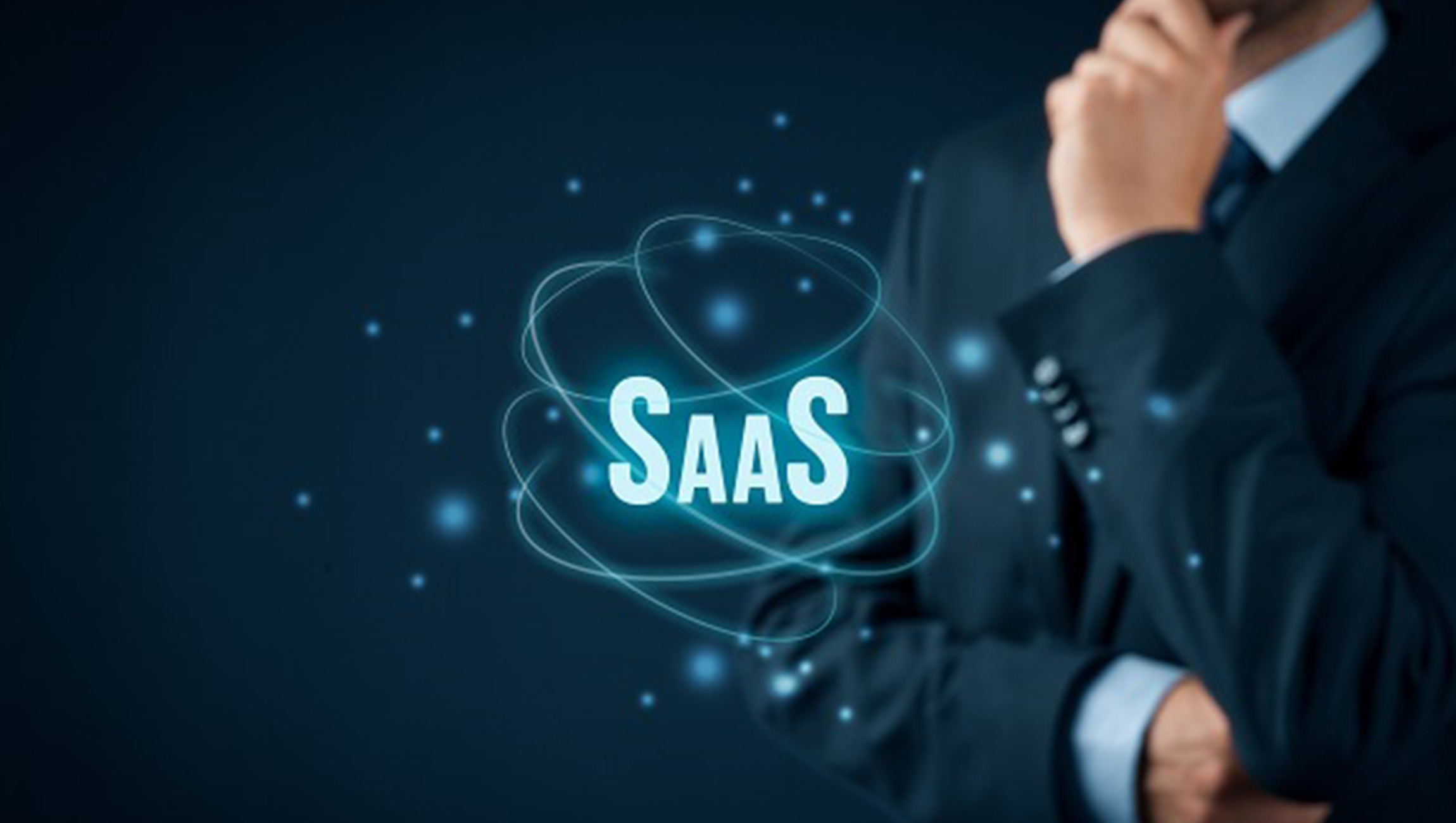In May, EasyStack launched its latest generation private cloud product ECS (EasyStack Cloud Service). EasyStack is an open source Cloud Computing company. It is a Cloud platform with features designed and delivered according to a true private cloud. The ECS was produced from an 18-month long effort spearheaded by EasyStack’s research and development team, laying foundation on the full range of products such as ECS Stack Hyper Converged Infrastructure, ECS Enterprise, and several scenario based ECS Enterprise editions, elevating the product capability to a whole new level.
A recent global survey of 300 enterprises has found out that most plan to move their existing applications to Multi-Cloud Business/ SaaS by 2021. Culminating on private Cloud best practices while serving over 500 large and medium size enterprises and designed using innovative distributed micro-services on a unified integrated platform, the new-generation private Cloud ECS aims to help enterprise customers achieve their EVOLVABLE experience of service capabilities, product form-factor and ability to support multiple scenarios, ultimately enabling organizations to strategize and execute digital transformation and business innovation agenda with ease.
Cloud Deployment Still Calls for the Need to Provide Consistent Cloud Experience
Companies like Oracle, SAP, and IBM already lead the race owing to their Cloud Experiences. Oracle Cloud delivers the broadest selection of enterprise-grade cloud computing solutions, including SaaS, PaaS, and IaaS. IBM recently closed their deal with Red Hat placing $34 billion bet on transforming digital experiences for their join Public and Private Cloud customers.
Read Also: mGage Collaborates with Oracle Marketing Cloud to Deliver …
Chen Xilun, founder and CEO of EasyStack, commented,
“The new-generation private cloud is the private deployment of cloud. We all agree both private and public cloud are cloud-centric, with the aim of satisfying the customer need: moving the cloud to the data. Simply, data inside a firewall needs a private deployment of cloud, while data outside a firewall needs a public deployment of cloud. Hence, even though private and public clouds are distinct and separate, the user perspective on both private deployment and public deployment of cloud still calls for the need to provide consistent cloud experience”.
Liu Guohui, co-founder and CTO of EasyStack, emphasized —
“Different from being upgradable, EVOLVABLE requires an evolution in service capability, product modularity and supporting scenarios. This means that, EVOLVABLE must ensure the evolvability of service capabilities of the cloud platform itself; being EVOLVABLE also means it should be able to adapt to cloud-ready hyper converged architecture integrating hardware and software, private cloud, industry cloud and multi-cloud solution deployed across different modular form-factors; and finally in terms of supporting scenarios, EVOLVABLE represents the ability to cater to wide ranging enterprise requirements across compute, network, storage building blocks, to commercial storage and commercial SDN (Software Defined Networking), from virtualization to bare-metal and container clusters, and from DevOps to IoT”.
Recommended: Zeta Global and PlaceIQ Announce Strategic Partnership to Enhance …
4 Benefits of Deploying Evolving Cloud Infrastructure
In view of private deployment of cloud, the new-generation private cloud offers the following benefits.
First, applying it to the business tier, ECS supports new-generation enterprise applications such as Cloud, Mobile, IoT, BigData and AI.
Second, serving Platform as a Service (PaaS) experience, it supports many types of applications through building a sharable Kubernetes-based PaaS across private and public clouds based on the ecosystem primarily dominated by open source PaaS; in fact, enterprise customers may choose to develop a new on-demand PaaS in the cloud and cater it to specific scenarios and/or industries.
Latest MarTech News: OpenText Announces the Next Generation Enterprise Information …
Third, Infrastructure as a Service (IaaS) implementation, it can offer enterprise customers consumer experience as in public clouds. Specifically, not only does it provide a complete turnkey project from on-boarding, delivery, operations & maintenance (O&M) to upgrading, but also brings about its pay-per-use service model, transitioning business and technology into the cloud service era from the cloud software era
Fourth, consider the product evolution journey.
The best option for evolution of the new-generation private cloud is open source ecosystem based transition approach. Keeping the new-generation private cloud compatible and aligned with the open source ecosystem, on one hand, allows it to be fully compatible with the community, and on the other hand, satisfy customers’ requirement through scenario based design and integration approach. This is a must for replacing custom designed clouds with the equivalent of scenario based solution within a complex environment and potentially leads to an enhanced PaaS ecosystem as well.
Fifth, in terms of evolution approach, being EVOLVABLE is the most important characteristic of the new-generation private Cloud and is also its core feature. Decoupling software and hardware components allow software to be EVOLVABLE and hardware becoming up-gradable, truly unleashing the longer term value of the Cloud platform and thereby changes the competitive landscape of this industry.
Read Also: Vonage Wins 2019 ContactCenterWorld Top Ranking Performer Award
New-Generation Private Cloud Is the Private Deployment of Cloud
Unlike traditional custom designed and piecemeal implemented private cloud, the core capabilities of this new-generation private cloud is modeled to meet the demands of complex environment and data residing behind enterprise customers’ secured firewall setup. In a nutshell, it is the ability to construct a private cloud centered on customers’ data and at the same time having a multi-cloud platform that can manage multiple cloud providers both public and private.
In a Nutshell: Ad Fraud to Cost North American Advertisers $100 Million a Day by …
Equally important are characteristics such as compatibility with the vast hardware and software ecosystem, allowing co-existence of both new-generation and traditional enterprise applications to run and operate on, EVOLVABLE features when responding to the complex environment of business enterprises, yet offering consumer based experience similar to public Clouds.
An important highlight that stands out prominently is the ability to perform product feature function upgrade without any impact to existing business workloads – is the single most important element when applying consistent user experience to both private and public deployment of cloud.
Also known as smooth upgrade, when the process is being carried out, it has three major characteristics: business users are unaware of the upgrade, no data migration is required, and no service disruption. This means that all business activities running in the cloud, including the operations of the cloud platform continue as per normal during product upgrading i.e. just like a new energy vehicle being driven as usual when its system is being upgraded and the fact that you can make a call or use applications on your smartphone when you are upgrading its operating systems platform.
The product portfolio belonging to EasyStack’s new-generation private Cloud not only offer public cloud like consumer based experience, but also meets stringent yet complex requirements in the context of private deployment. In the foreseeable future, the product will be further enhanced to cater to customer requirements with extended scenarios support, including integrating third-party solutions and leveraging the open source ecosystem with EasyStack innovative EVOLVABLE capability, thus contributing progressively and rapidly to the development of the global private cloud market.











